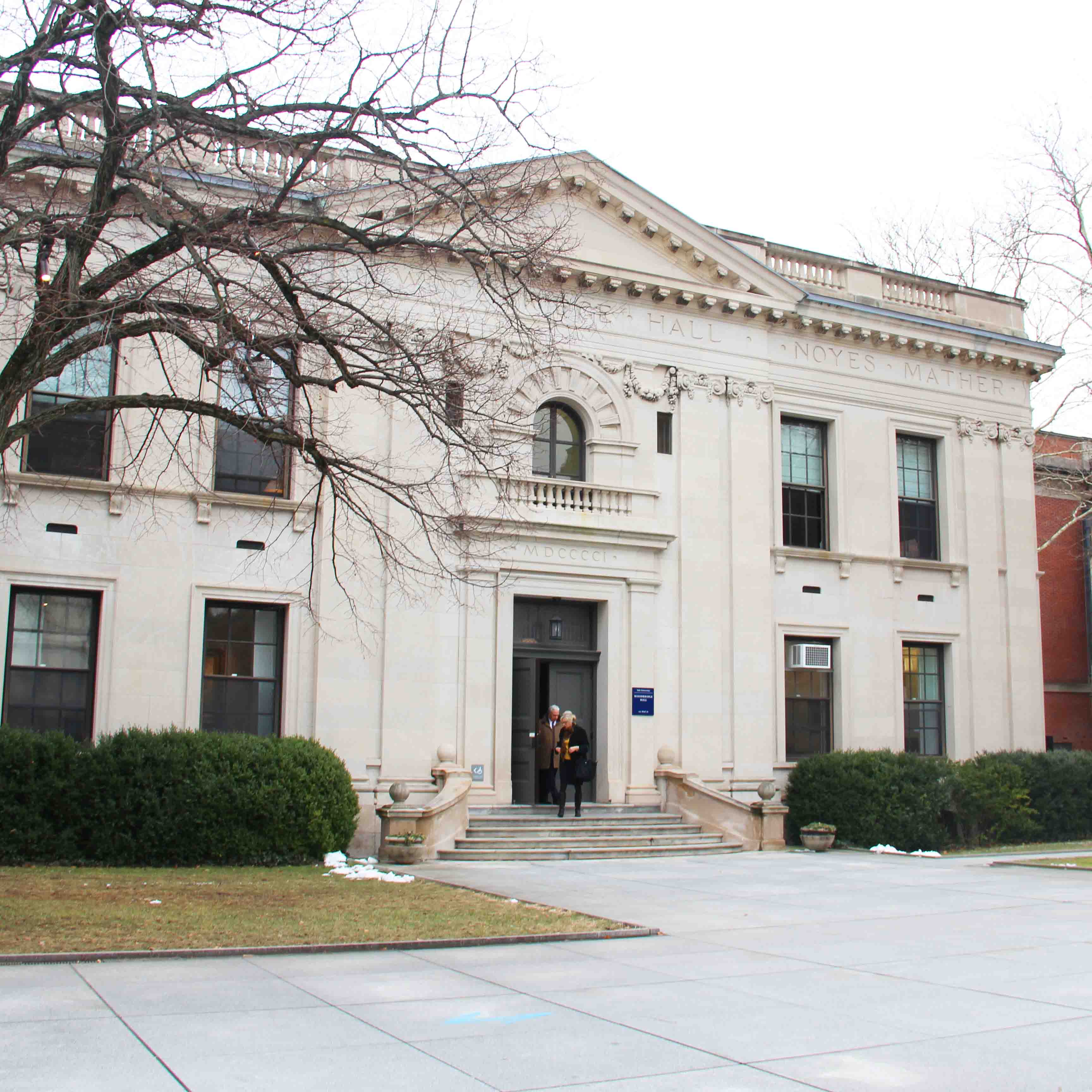
Editor’s note: Yale University has since expunged the suspension for sexual misconduct from Daniel Tenreiro-Braschi’s Yale College disciplinary record, and Tenreiro-Braschi ended up graduating from Yale on time. Click here to learn more.
Daniel Tenreiro-Braschi — the Yale junior who sued the University after he was suspended for sexual misconduct — has dropped his suit against Yale, according to court documents.
In December, the University-wide Committee on Sexual Misconduct found that Tenreiro-Braschi had engaged in three counts of groping and one count of “creating a hostile academic environment” against two female students. A month later, he became the fourth male student to sue Yale, alleging that he was subject to gender discrimination during the University’s UWC procedure.
In a stipulation of voluntary dismissal on April 25, the plaintiff and the University agreed to have the suit permanently dismissed. Each side will bear its own costs and fees.
It remains unclear whether Yale’s agreement with Tenreiro-Braschi involved a cash settlement or an expunged disciplinary record. Vice President for Communications Eileen O’Connor confirmed to the News that the case was “withdrawn” but declined to comment further. Tenreiro-Braschi’s attorney, Susan Kaplan, who is also representing another former Yale student suing the University over its handling of a sexual misconduct complaint, also declined to comment. Tenreiro-Braschi did not respond to request for comment.
In his suit, Tenreiro-Braschi alleged that Yale failed to conduct an adequate, reliable and impartial investigation, invoking Title IX to allege gender discrimination. His complaint also claimed that the Department of Education’s Office for Civil Rights’ decision to rescind and review the Obama administration’s 2011 “Dear Colleague Letter” brought into question the fairness of Yale’s process for evaluating complaints of sexual misconduct. The letter required that colleges use a “preponderance of evidence standard,” rather than the stricter criminal standard of “beyond reasonable doubt,” when adjudicating cases of sexual misconduct.
Just days before Tenreiro-Braschi filed his suit, Yale settled with another former student, who was expelled for sexual assault in 2012. At the moment, Yale faces only two ongoing reverse gender discrimination suits: one by the alumnus whom Kaplan is representing and another by Jack Montague, the former men’s basketball captain who made headlines in 2016 when he was expelled for “penetration without consent” shortly after he led the team to its first March Madness tournament since 1962. Yale and the plaintiffs face two options: reach a settlement or face a jury trial.
In Title IX suits, both the plaintiff and the university often want to avoid a drawn-out litigation process. In Tenreiro-Braschi’s case, both parties clearly felt there was a “risk” to proceeding to trial, according to Harvard law professor Jeannie Suk Gersen, an expert on Title IX law.
Although more than 70 students nationwide have won cases similar to Tenreiro-Braschi’s, the Yale junior would have faced an uphill battle in arguing the reverse gender discrimination claim. Katharine Baker, an expert on campus sexual misconduct, said it is difficult to argue that the Dear Colleague letter’s recommendations discriminate against men, part of the reason that Title IX cases are often settled or dismissed.
Families Advocating for Campus Equality Co-President Cynthia Garrett noted that such measures are more expedient than a jury trial. Attorney fees are expensive, and settlements rarely include any money for the accused, Garrett said, though they often involve an expunged disciplinary record.
“Most of our students just want to move forward,” she said. “They’re just looking to go forward with their education.”
Hailey Fuchs | hailey.fuchs@yale.edu







